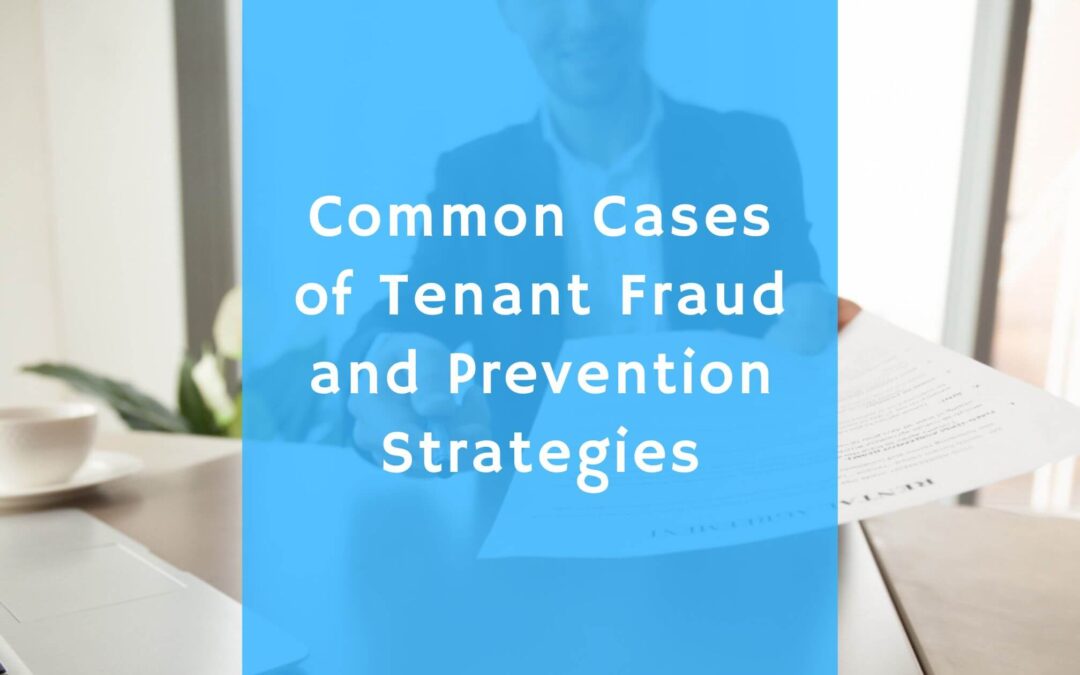Tenant fraud can pose significant risks to landlords, ranging from financial losses to property damage and legal complications. As a landlord, it’s essential to be aware of common cases of tenant fraud and implement effective strategies to mitigate these risks.
In this blog post, we’ll explore some prevalent forms of tenant fraud and provide practical tips on how to avoid them, ensuring the security and profitability of your rental property.

False Information on Rental Applications
One of the most common forms of tenant fraud involves applicants providing false or misleading information on rental applications. This may include fabricating employment history, inflating income, or misrepresenting rental references. To prevent this type of fraud, landlords should verify the information provided on rental applications through thorough background checks, including employment verification, income verification, and rental history checks.
Subletting Without Permission
Some tenants engage in subletting their rental units without obtaining permission from the landlord, which can lead to unauthorized occupants and potential lease violations. Landlords should include clauses in the lease agreement explicitly prohibiting subletting without prior written consent. Additionally, conducting periodic inspections of the property can help identify unauthorized occupants and prevent subletting-related fraud.
Non-Payment of Rent
Tenant fraud may also manifest in the form of deliberate non-payment of rent, where tenants intentionally withhold rent payments while residing in the property. To mitigate this risk, landlords should conduct thorough screening of prospective tenants to assess their financial stability and rental history. Additionally, implementing clear rent payment policies and enforcing consequences for late payments can deter tenants from engaging in rent-related fraud.

Property Damage and Neglect
Some tenants may engage in fraudulent activities by causing intentional damage to the rental property or neglecting maintenance responsibilities. To prevent property damage and neglect, landlords should conduct comprehensive move-in inspections and document the condition of the property with photographs or videos. Additionally, landlords should address maintenance issues promptly and clearly outline tenants‘ responsibilities for property upkeep in the lease agreement.
Identity Theft and Fraudulent Documentation
In some cases, tenants may use stolen identities or fraudulent documentation to secure rental housing. Landlords should exercise caution when reviewing rental applications and verify the authenticity of applicants‘ identification documents, such as driver’s licenses, passports, and social security cards. Utilizing reputable tenant screening services and conducting background checks can help identify potential cases of identity theft and fraudulent documentation.
Prevention Strategies for Landlords
- Implement thorough tenant screening procedures, including background checks, credit checks, and rental history verification.
- Include clear clauses in the lease agreement addressing prohibited activities, such as subletting without permission and property damage.
- Conduct periodic inspections of the rental property to ensure compliance with the terms of the lease agreement and identify any signs of fraud or misconduct.
- Communicate openly and transparently with tenants about rental policies, expectations, and consequences for lease violations.
- Stay informed about relevant laws and regulations governing rental housing and tenant rights to protect yourself from legal liabilities.
Tenant fraud poses significant risks to landlords, but with proper awareness and preventive measures, these risks can be mitigated effectively. By understanding common cases of tenant fraud and implementing robust screening procedures, clear lease agreements, and proactive management strategies, landlords can safeguard their rental properties and ensure a positive rental experience for both tenants and property owners. Vigilance and diligence are key to protecting your investment and maintaining the integrity of your rental business.

